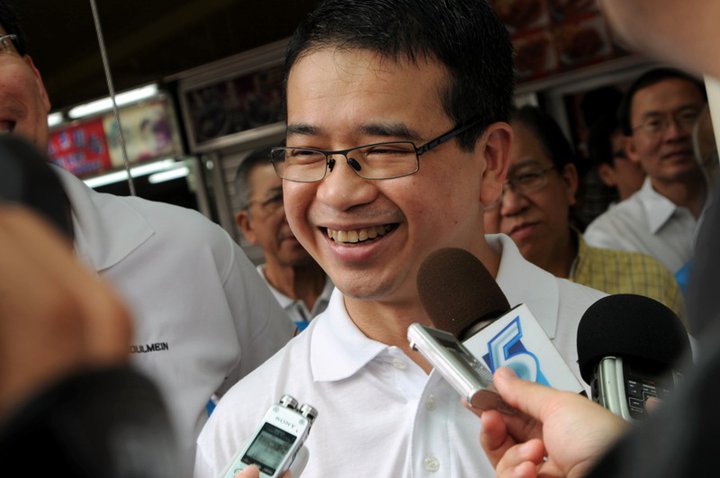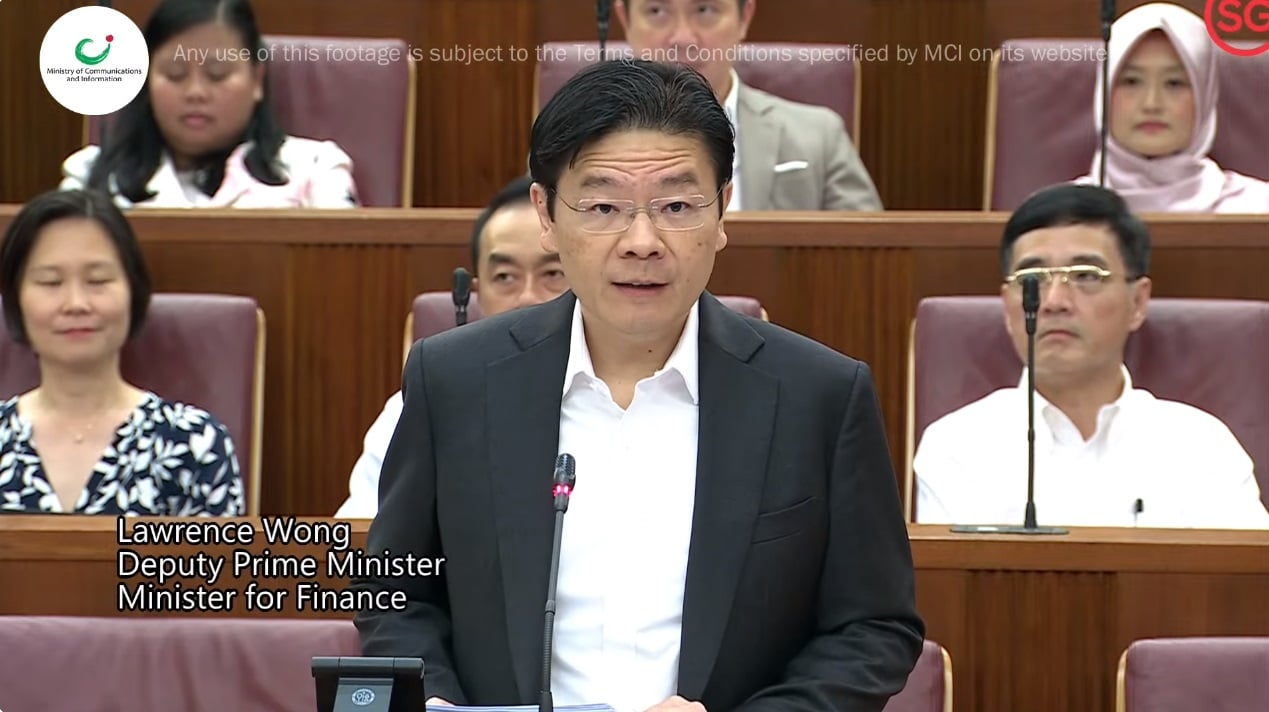On 4 May 2019, an op-ed piece written by Mr Jeff Paine, managing director of AIC (Asia Internet Coalition- a lobby group representing technology companies) titled “How the online falsehoods Bill can be improved”.
Senior Minister of State for Law and Health, Mr Edwin Tong has thus stepped out to address some of these issues.

Senior Minister of state for Law and Health, Mr Edwin Tong
The points that Mr Paine brought up in his piece that were explained by Mr Tong were as such:
- Paine claims that a court cannot review a minister’s assessment of the “public interest”. This is false. Judicial review under administrative law remains available – this has not been ousted by the Bill.
- Paine also says it must be written into the Bill that the definition of “fact” excludes “opinion”. As the Government has explained, the definition of “fact” is established in jurisprudence. Fact does not include opinion.
- Paine claims a minister can make decisions under the Bill without oversight from an objective independent body. That again is untrue. Directions issued under the Bill are subject to judicial oversight by the Supreme Court.
- Paine also says that there are no timelines for ministers to respond. He has overlooked what the Government has said several times: timelines will be specified in law, before the Bill comes into force.
- Paine claims the Bill offers only “limited… judicial oversight”. The Bill actually extends the courts’ role, beyond the current legal position. The Government has explained this publicly.
- Paine proposes interposing various additional steps before a falsehood can be dealt with. This is consistent with some technology companies’ delaying tactics seen over the years in many countries. We have not seen to have benefited from their failure to act. Online falsehoods against the public interest require immediate, decisive action. The Bill requires technology companies to take firm action, which they have hitherto refused to take. In some countries, people have lost their lives because of this.
It seems like an exhaustive list of inaccurate points have been made by Paine, but the list does not end here. He has also conveniently neglected the evidence presented to the Select Committee, the Select Committee’s Report, the evidence of the damage that is being done to communities around the world through the abuse of technology platforms.
The term “free speech” has been employed by Paine as an excuse to protect Big Tech’s commercial interests which they have been doing around the world, reaching to more and more suspicious audiences. Paine argues that the majority of people in Singapore thinks that the Protection from Online Falsehoods and Manipulation Bill will affect freedom of expression. Interestingly Clause 61 of the proposed Bill allows Ministers to exempt any persons or class of persons from the Act, which is quite a standard provision in legislation. This clause may benefit tech companies who may not have the capabilities to comply with the law, giving tech companies rooms for “free speech” to be carried out by users on their platform.
The Government is extremely certain that Singaporeans are in favour of the law being put in place to deal with online falsehoods. It is with good reasons that the Government believe so. Not only would our rights of expression remain unaffected if this Bill becomes law, the only ones that would be involved would be the perpetrators of falsehoods themselves.
This would mean that technology companies are likely to suffer a dip in profits as they often benefit from online falsehoods.
While a small handful of Singaporeans might have concerns regarding the Bill due to misunderstandings or lack of information that would eventually be addressed in Parliament, a large percentage of them understands the objective of the Bill and what it entails.
The Government has promised that public education efforts would be continued so that everyone can have an even better understanding of the Bill. One example has been made with Mr Tong correcting misleading statements such as Mr Paine’s to ensure inaccurate information stop spreading.
If you’d like to contribute your story to us, drop us an email at editors@sureboh.sg and we’ll review it. We read each submission that comes to us within two weeks of receiving it.





